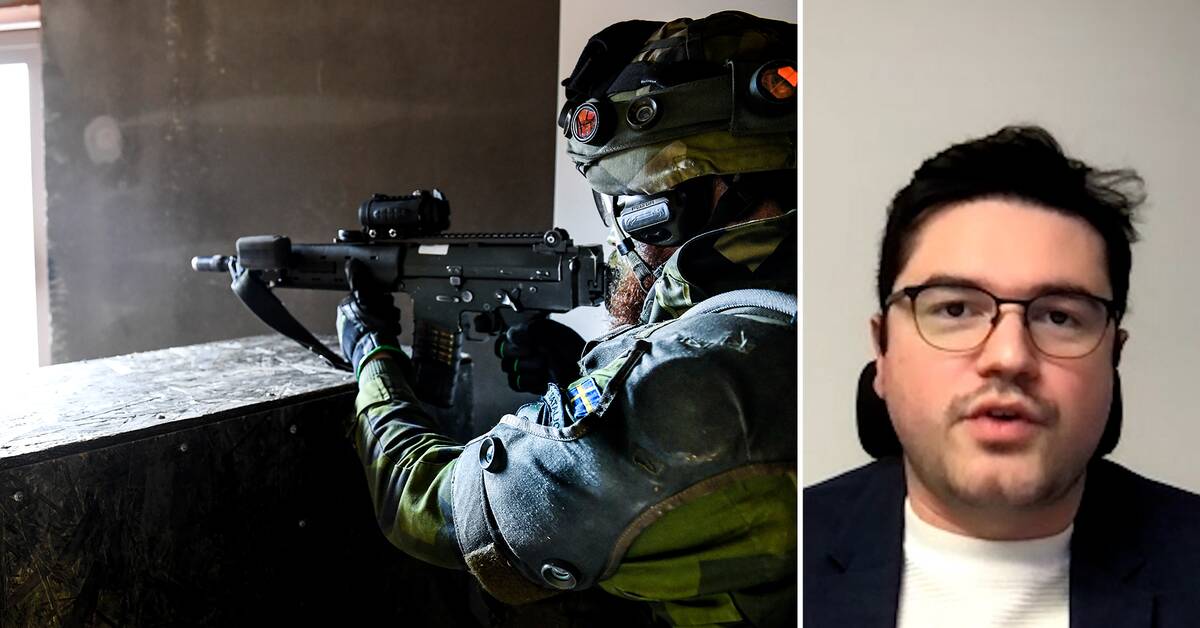The global arms industry was also affected last year by disruptions in the supply chains.
The disruptions are due, among other things, to the pandemic.
Among other things, it was about delays in global sea freight and a shortage of semiconductors.
But Russia's invasion of Ukraine in February 2022 has also contributed to disruptions in supplies.
Not least because Russia is a major supplier of raw materials for weapons – for example aluminum, copper, steel and titanium.
How severe are the delays?
- They are serious and span the entire field, says Diego Lopes da Silva, senior researcher at the Stockholm International Peace Research Institute, Sipri.
He continues:
- To give two examples.
Raytheon Technologies, which ranks second among the 100 largest companies, has said it is experiencing delays in deliveries, increased manufacturing costs and delays in procuring rocket engines.
Even a very small company on the 100 list that ranks number 98 has problems.
This could hamper US and European reinforcements of their armed forces and weapons stockpiles as they have sent billions of dollars worth of ammunition and other military equipment to Ukraine, Sipri said in a new report on Monday.
Countries' share of arms sales.
Trans-European = company active in several countries in Europe.
Photo: SVT graphics
Lower than average
Despite the disruptions, the top 100 arms industry companies sold weapons and military services for a total of $592 billion in 2021.
It is an increase of 1.9 percent compared to the previous year and the seventh year in a row that the arms trade has grown.
But the pace has slowed somewhat – although the increase in 2019–2020 was lower (1.1 percent), last year's increase is lower than the average (3.7 percent) for the four years before the pandemic.

